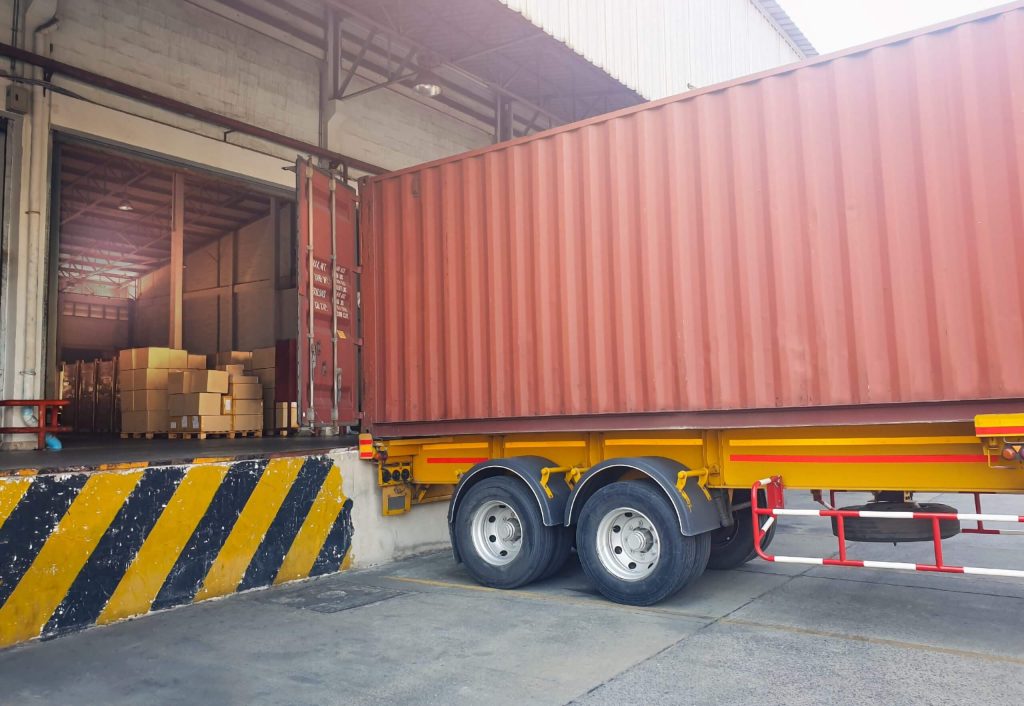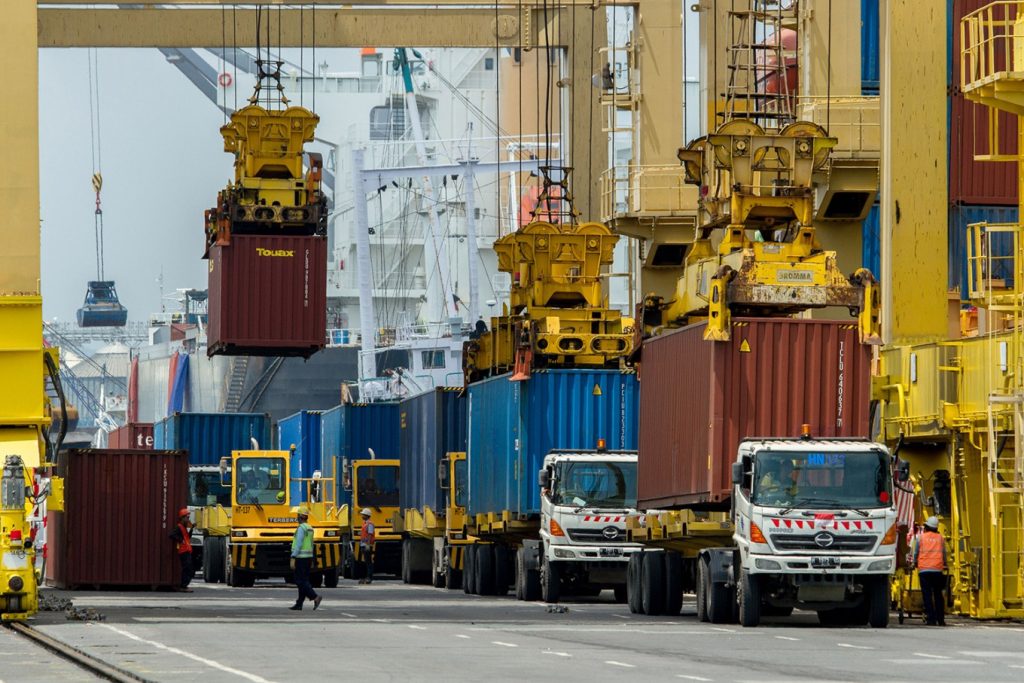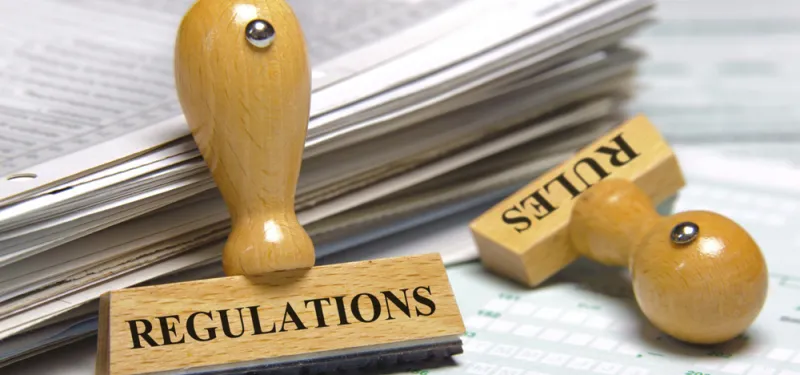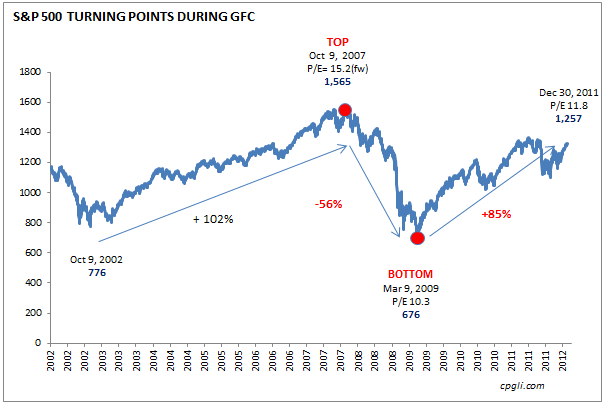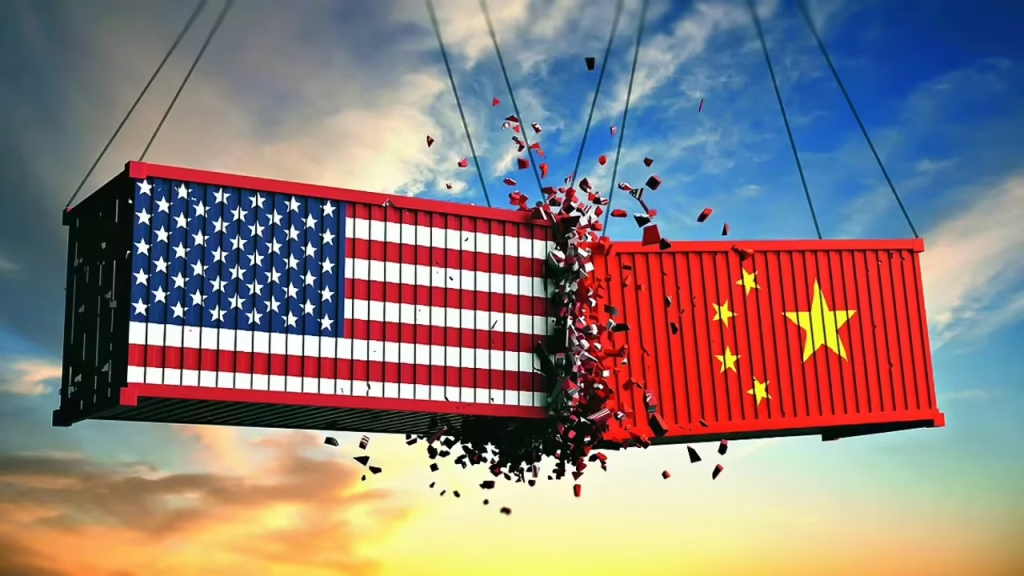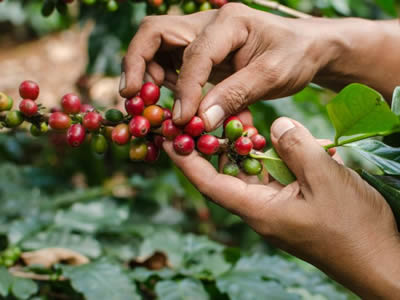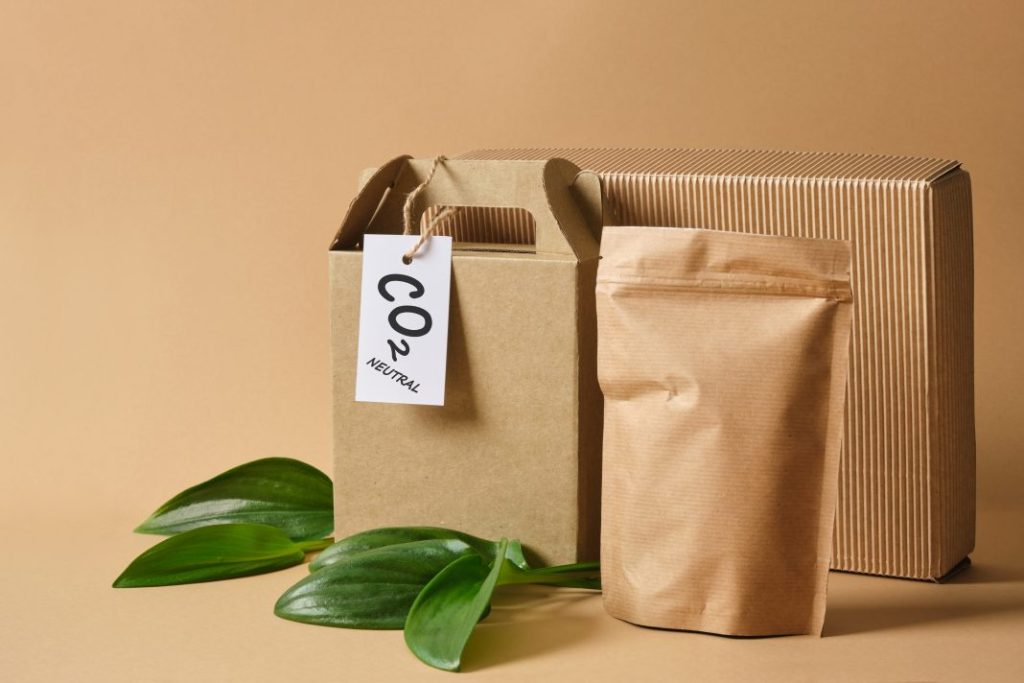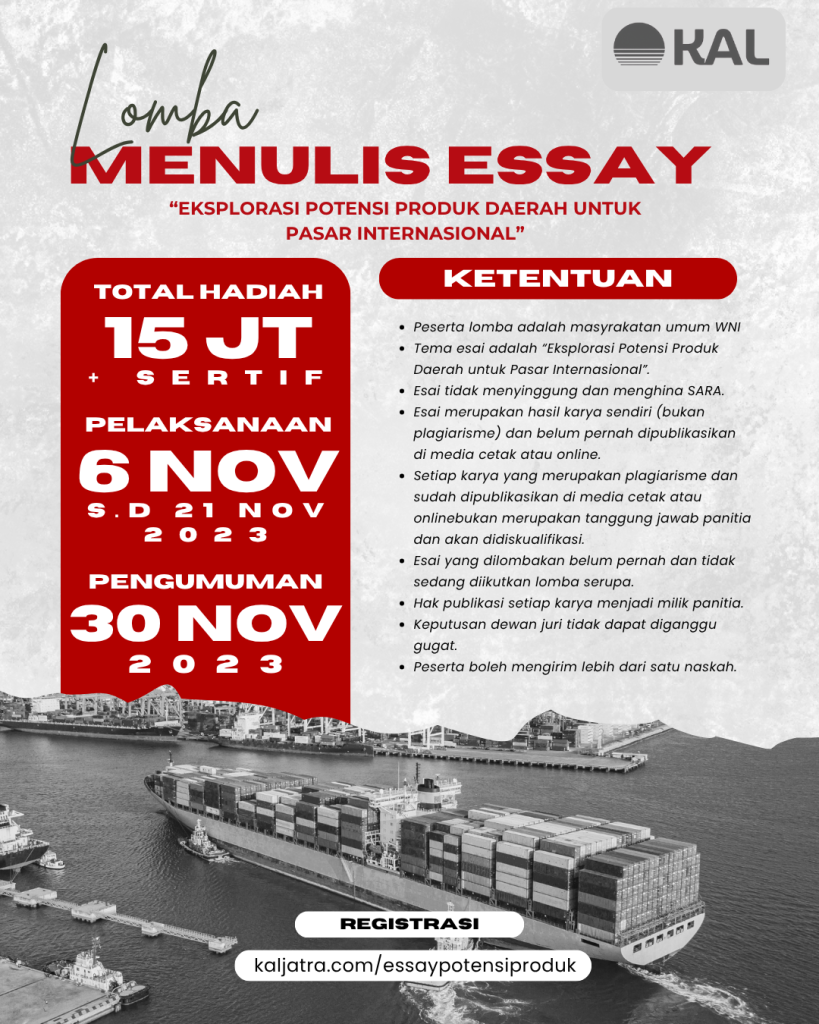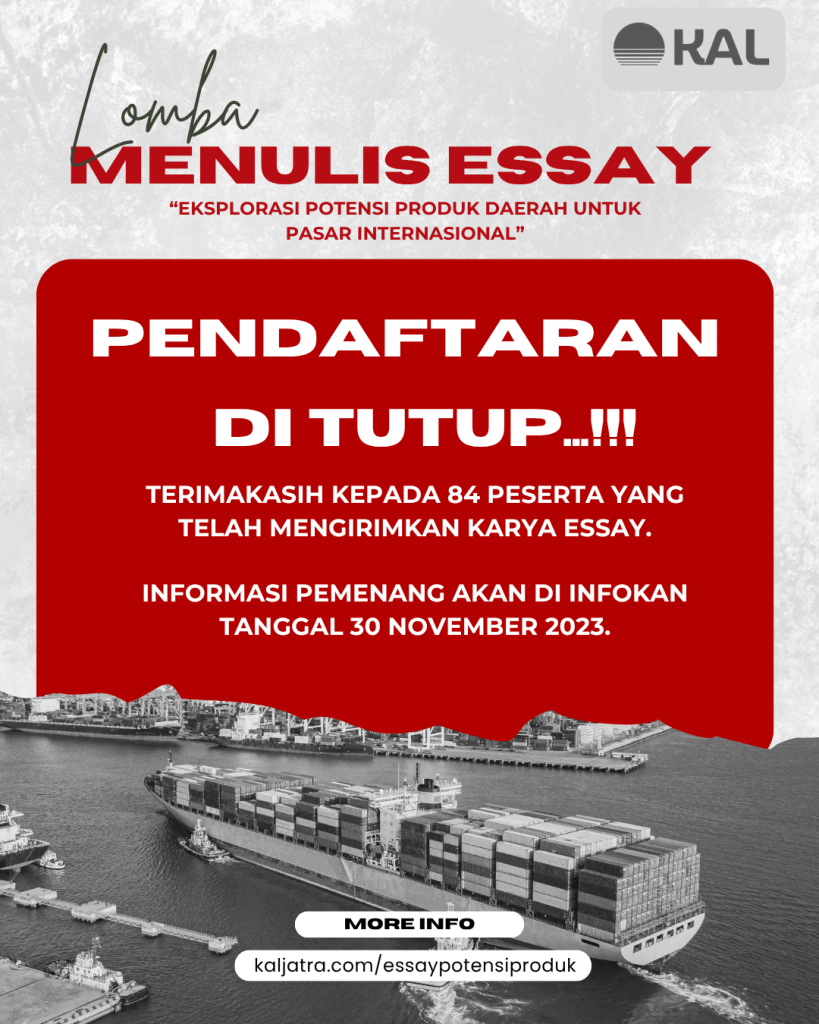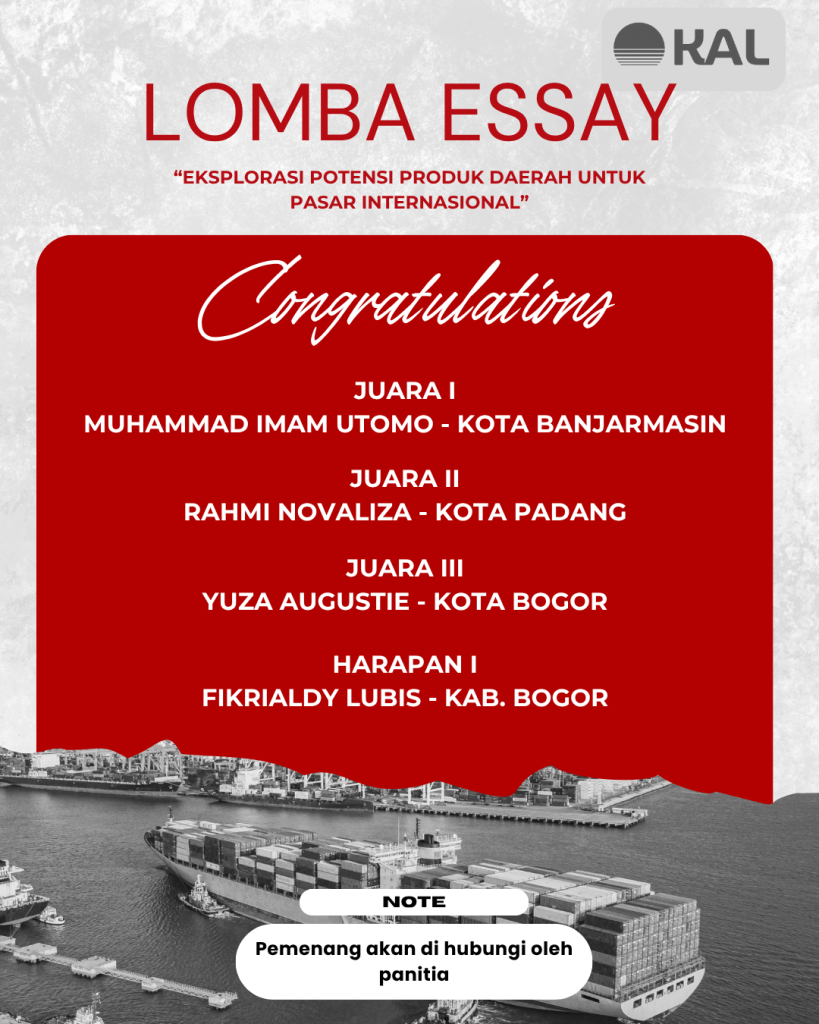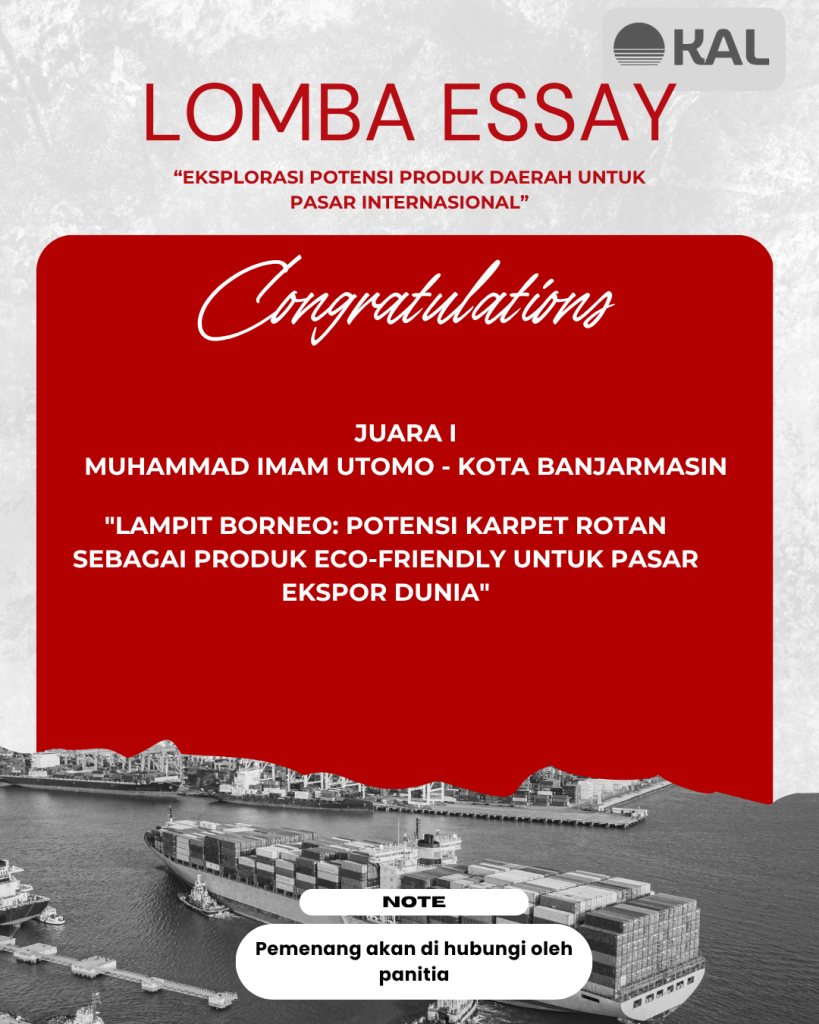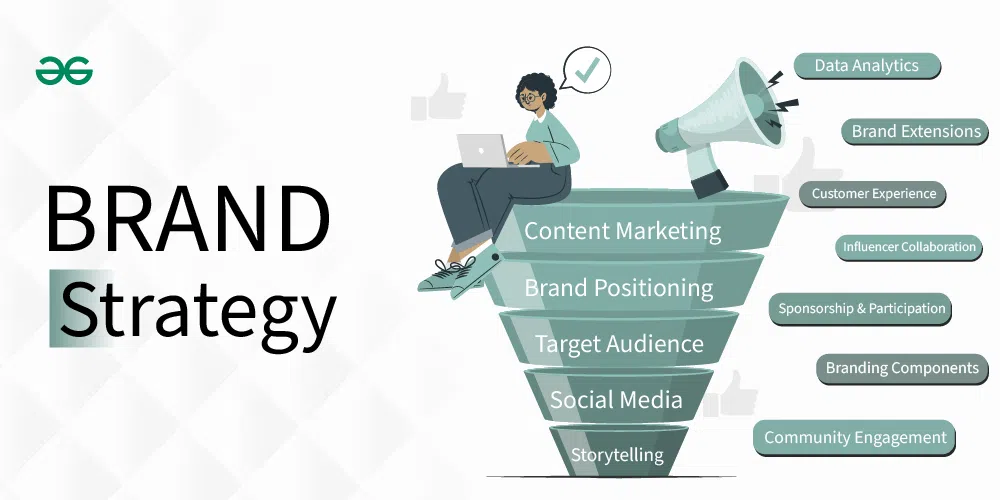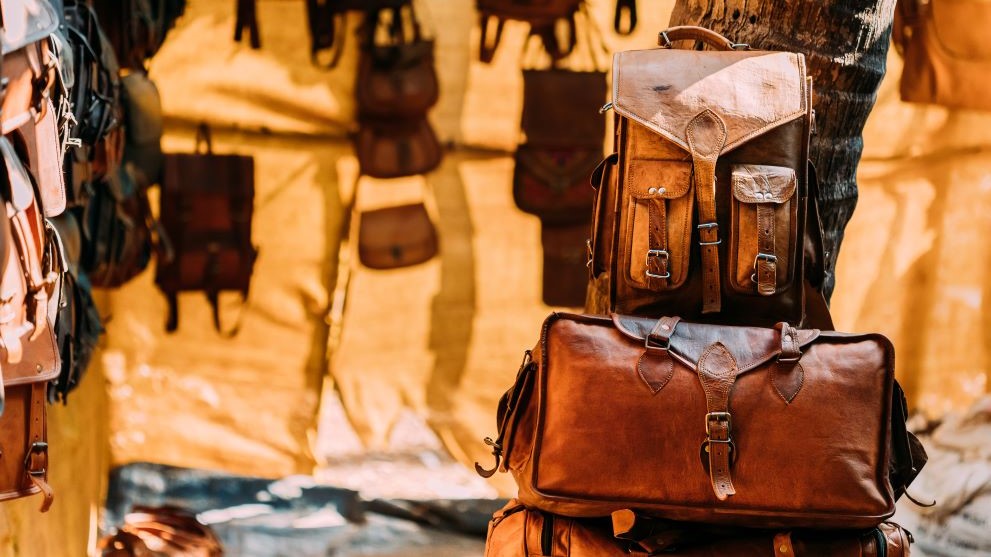
Having a great product is only half the battle. Without the right international distributor, your product might get stuck in warehouses, hit the wrong market, or lose money.
A good distributor isn’t just a reseller—they’re an extension of your brand. Choosing the right one is critical for long-term export success.
Here’s how to find, evaluate, and build strong relationships with distributors who can truly help your brand grow abroad.
1. Define the Ideal Distributor Profile
Before you start searching, get clear on what kind of distributor fits your brand. Consider:
- Product type (e.g., food, wellness, fashion, handmade)
- Target region (Asia, Europe, Middle East?)
- Sales channels (retail chains, specialty stores, hotels, online?)
- Volume capacity (small batches or mass production?)
- Experience with similar products
If you’re selling organic skincare, for example, don’t waste time on distributors who focus on frozen food or mass groceries.
2. Where to Find International Distributors
Use a mix of offline and online channels:
- International trade fairs & expos
(SIAL, Gulfood, THAIFEX, etc.) - B2B platforms
(Alibaba, Tridge, GlobalSources, ExportHub) - Business directories from trade ministries
(KADIN, ITPC, embassies, etc.) - LinkedIn searches + direct outreach
- Referrals from fellow exporters or suppliers
Always verify credentials before entering serious talks.
3. Key Questions to Ask During Selection
When approaching a potential distributor, ask:
- What similar products have they handled before?
- What’s their main distribution channel?
- Do they request exclusivity?
- Do they have their own warehousing and logistics?
- What volumes can they handle monthly?
- Who are their key clients or retail partners?
Make sure their answers align with your market goals and production capacity.
4. Watch Out for Red Flags
Avoid distributors who:
- Push for exclusivity too quickly
- Offer unclear or risky payment terms
- Lack relevant product experience
- Focus only on price, not positioning
- Are vague about where and how they’ll sell your product
A wrong partner can hurt your brand in a new market more than no partner at all.
5. Build a Long-Term Relationship, Not Just a Deal
A strong distributor is a long-term partner. To support them:
- Provide sales materials in their language
- Offer trial deals or starter packs
- Be flexible on packaging and pricing (based on market needs)
- Stay in touch regularly (monthly calls, reports, etc.)
- Support their efforts with fast responses and product training
The stronger your support, the more committed your distributor will be.
Conclusion
Choosing an international distributor is a strategic decision, not just a quick sale. Take time to find the right partner—one who understands your product, your values, and your market goals.
With the right distributor by your side, you’re not just selling products abroad—you’re building a global brand.

